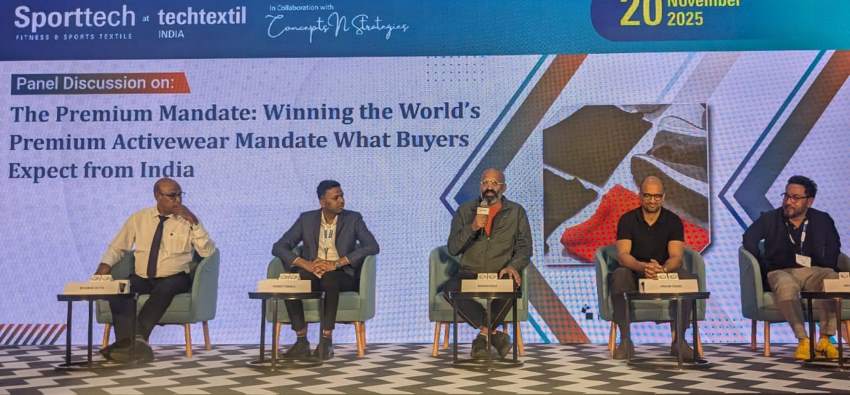Experts have called upon textile industries in Bangladesh to use modern dyeing chemicals in their mills rather as it can reduce industrial water consumption by 30 per cent. They were participating in a seminar titled 'Greenline Information Day-2016' organised by Greenline Environmental Technology, a Hong Kong-based textile consultancy and solution provider. This simultaneously minimises hazardous chemical discharge in environment, they agreed.
Head of Sustainability of Lidl Germany Alexander David stated an estimated 20 per cent of the world's pollution is contributed by the textile sector. As many as 54 companies in Bangladesh have joined Detox campaign, an awareness programme related to chemical contamination. This was aimed at discharging zero quantity of hazardous chemicals in the environment by 2020. Urging factory owners to be more responsible in using water and energy, David said six factories in Bangladesh have adopted 100 per cent ZDHC- Zero Discharge of Hazardous Chemicals and MRSL-Manufacturing Restricted Substances List.
Greenline Environmental Technology Ltd Chief Operating Officer (COO) Suvro Dev Saha revealed that the target of their water saving technology (WST) project in many garment industries was to find out hazardous chemical pollution in different levels of textile manufacturing. Textile factory owners can save 30 per cent of water by replacing traditional dyeing chemicals, he said.
Around 40 per cent of the dyeing chemicals are discharged as waste products in traditional process while it can be downed to zero using new generation chemicals.












